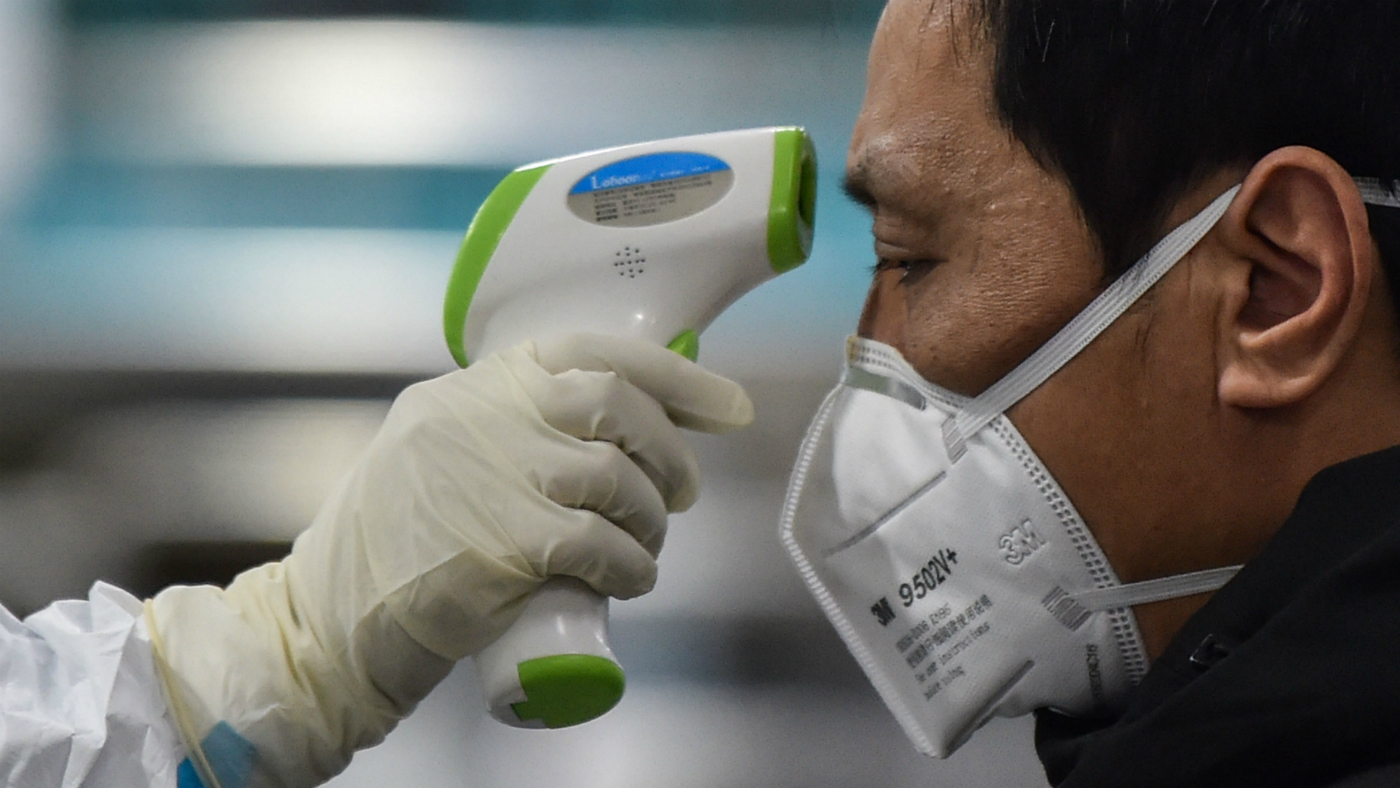Why masks and hand-washing may not protect against new coronavirus mutation
Scientists say more contagious strain of the virus is adapting to get around social distancing measures

A free daily email with the biggest news stories of the day – and the best features from TheWeek.com
You are now subscribed
Your newsletter sign-up was successful
The Covid-19 coronavirus has mutated to become more contagious and resistant to social distancing and hygiene measures, new research suggests.
In the largest US study yet into the genetics of the virus, scientists found that a new dominant strain could be “adapting to circumvent barriers such as masks and hand-washing”, the Daily Mirror reports.
The team have been mapping the genomes of the novel coronavirus at Houston Methodist Hospital and have so far logged 5,085 different sequences since the first infection was recorded in the Texas city, in March.
The Week
Escape your echo chamber. Get the facts behind the news, plus analysis from multiple perspectives.

Sign up for The Week's Free Newsletters
From our morning news briefing to a weekly Good News Newsletter, get the best of The Week delivered directly to your inbox.
From our morning news briefing to a weekly Good News Newsletter, get the best of The Week delivered directly to your inbox.
Back then, “around 71% of the viruses were characterised by the mutation, which originated in China and is known as D614G”, says The Telegraph. But since the ongoing second spike in cases began in May, the D614G mutation has “leaped to 99.9% prevalence”, the newspaper reports.
The researchers found that patients who become infected with the D614G strain had higher “loads” of virus in their upper respiratory tracts, meaning the virus could spread more easily, through coughs and sneezes.
And while the mutation has not made Covid more lethal or changed its effects on the human body, the ongoing evolution could impact prevention methods.
David Morens, a virologist at the National Institute of Allergy and Infectious Diseases (NIAID), told The Washington Post that the findings suggest the virus has become more transmissible - and that this “may have implications for our ability to control it”.
A free daily email with the biggest news stories of the day – and the best features from TheWeek.com
“Wearing masks, washing our hands, all those things are barriers to transmissibility, or contagion, but as the virus becomes more contagious it statistically is better at getting around those barriers,” he said.
Studying the mutations in detail “could be important for controlling the pandemic”, says The Telegraph. “It might help to pre-empt the most worrying of mutations - those that could help the virus to evade immune systems, vaccines or antibody therapies”.
Morens has cautioned that the new study has not been peer-reviewed and that observers should not “over-interpret” the findings. But “it is well within the realm of possibility that this coronavirus, when our population-level immunity gets high enough, will find a way to get around our immunity”, he added.
“If that happened, we’d be in the same situation as with flu. We’ll have to chase the virus and, as it mutates, we’ll have to tinker with our vaccine.”